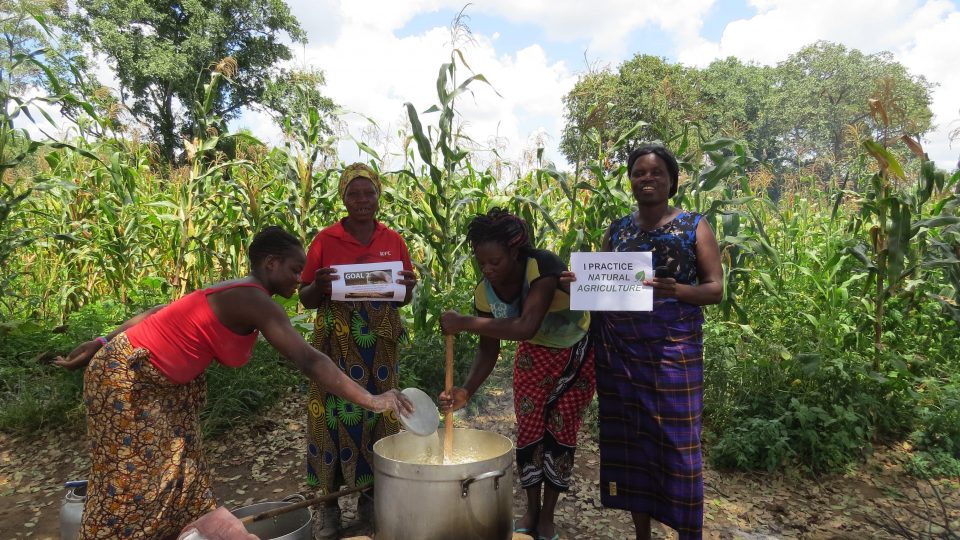Finding Stillness Amid the Urgency: Reflections from “A Sacred Awakening” at UNGA 80 and Climate Week NYC
Each September, world leaders, changemakers, and delegates gather in New York City for the United Nations General Assembly (UNGA) and Climate Week NYC— parallel convenings that unite people across sectors to address urgent planetary and humanitarian challenges as well as working solutions. These gatherings spark meaningful dialogue, and with the abundance of information it is important to find time to pause and reflect. In order to achieve lasting change, we must seek opportunities to slow down, deepen our connections, and ground ourselves in our collective purpose.
It was in this spirit that Shumei representatives attended A Sacred Awakening: Transforming Humanity’s Relationship with the Natural World at Regen House on September 22. The gathering, organized by the Fetzer Institute and MAD Agriculture, invited participants to explore how spiritual awakening is the root of regenerative agriculture—and how spirituality is crucial for a strong relationship with nature and the mindset shifts required for sustainable solutions.
The conversation featured voices working at the intersection of spirituality, ecology, and regeneration, including Dekila Chungyalpa, Founder and Director of the Loka Initiative; Reginaldo Haslett-Marroquin, Founder and Board Member of the Regenerative Agriculture Alliance; and Mary Evelyn Tucker, Co-Founder of the Yale Forum on Religion and Ecology.
Panelists shared how faith and spiritual practice can nurture a more balanced and loving approach to environmental stewardship. Dekila spoke of interdependence—a concept deeply rooted in Tibetan Buddhism—reminding the audience that there is no self without the other. She emphasized that the air we breathe and the water we drink all come from nature, and we would not exist without it.
Reginaldo described how regeneration begins with awareness of the sacred. He encourages others to identify and introduce themselves as an expression of the Earth or universe or a larger system, as it is this connection that underlies regeneration. Reginaldo explained that having an ancestral understanding changes the way you operate. Reginald shared that in his approach to regenerative agriculture, farmers must be in dialogue with nature– asking permission from the land, the trees, and the animals to guide their work.
Mary Evelyn reflected on her many years in academia and corporate circles noting how the spiritual dimension of ecology is often overlooked. She emphasized that science and faith must come together to spark a moral awakening for the planet, echoing the words of her mentor, Thomas Berry, who taught that “the sacred can be found in every tradition.” She also referenced the Earth Charter and Pope Francis’s encyclical ‘Laudato Si’, both of which call for a renewed ethical and spiritual relationship with nature.
Throughout the discussion, the speakers emphasized that spiritual practice is not separate from action—it strengthens us to face the challenges of our time. Whether through prayer, meditation, or ritual, these practices help us stay grounded in compassion and connectedness, guiding us to respond to planetary challenges with empathy and care.
As Climate Week called attention to the urgency of global action, A Sacred Awakening offered a space for reflection and renewed commitment for cultivating our inner resources. It reminded all in attendance that transformation begins within: by opening our hearts to the sacred presence in every living being, we are spiritually grounded in our care for the Earth and the communities around us.


